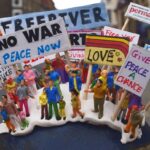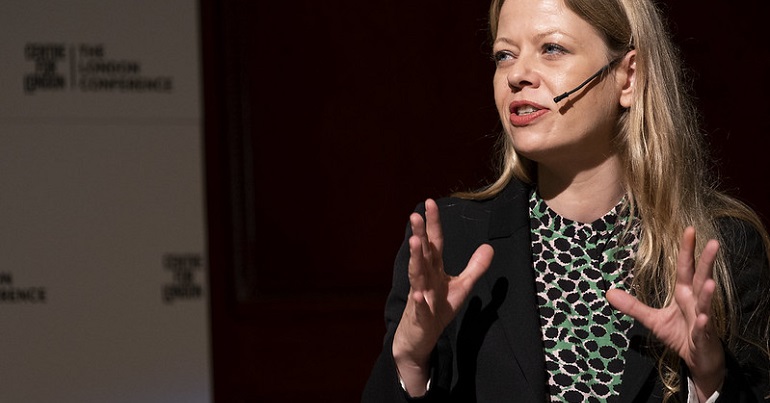We must refuse to be the armchair generals cheering young people all the way to the graveyard
By Ryan Bridgewater
The vast majority of people have sympathy for the young men who are returning home in body bags with their futures cruelly curtailed. Many also recognise the role that poverty plays as a recruiting sergeant for the military, particularly in this time of imposed austerity. However, it is another thing entirely to participate in the cult that has built up around the armed forces in Britain. This is a phenomenon cynically sculpted by the government in a failing attempt to whip up support for an unpopular and brutal occupation. Remembrance Sunday, a chance to publically remember the lives wasted in the First World War, was last year turned into a day of forgetting. Figures in the public eye such as Helen Mirren were enlisted to have their faces put on billboards next to slogans such as “our troops are the real stars”.
Veterans’ Day was initiated in 2006 and renamed “Armed Forces Day” by Gordon Brown’s administration in 2009. At an event to mark the day the following year, the BBC interviewed Capt Jimmy Carroll of the Queen’s Dragoon Guards. He said that participating in the parades made the soldiers “feel 10ft tall” and that being part of the occupying force in Afghanistan was “exactly like being a rock star”. Young people in poorly paid and casualised “McJobs” in the service industry would like to feel this way. After all, there is no sense of validation to be found in the monotonous grind of a call centre (an area which now employs over 1 million workers in Britain). Furthermore, the government and the advertisers in their pay use macho imagery to appeal to the many people who find work in the “service sector” emasculating.
A well known charity describes the armed forces as “heroes” and this word has become almost synonymous with the military in Britain. Why is it that this job above all is considered heroic? Nurses, doctors and ambulance drivers save lives every day. Fire fighters risk their lives to rescue strangers from peril. Then there are the millions of other working people who keep the country ticking along without praise. In our culture, debased by ten long years of war, it is only those who employ violence in the service of people of higher status and wealth who are bestowed with the word “hero”.
We should reflect on what this word means to the one million plus young people scraping by on the dole in the UK. Benefit claimants read in the papers that we (for I am currently one of them) are a “burden” on the country. The government want to distract from their self-serving mishandling of the economy by putting the blame on, amongst others, the unemployed. The upper classes have much the same view as their Victorian forebears, that the poor are responsible for their plight. So we are told to chase non-existent jobs or work for free in Poundland as part of a sham “workfare” scheme. We are effectively made to feel worthless and even superfluous. As the slick and manipulative adverts say, however, we can “Be the Best” by joining up to become cannon fodder. We can go from “zeroes” to “heroes”.
In the aforementioned BBC article the then “Defence” Minister Liam Fox, who has since resigned in disgrace, stated unambiguously that the nation has a “duty to support our Armed Forces.” The key word here is duty. We are being told that we have no choice in the matter. We are obliged to believe in a modern version of the dictum “my country right or wrong”, that is “the military whatever the cause”. However, those of us with enquiring minds and still beating hearts know otherwise. It is our moral duty to mourn the Afghan victims of the invasion and subsequent occupation and to refuse to support neo-colonial bloodbaths. We must refuse also to be part of the chorus of armchair generals cheering young people all the way to the graveyard. After all, with the aristocratic Cameron and Osborne pulling the ladder out from under working class people, there are battles to be fought at home.



Leave a Reply